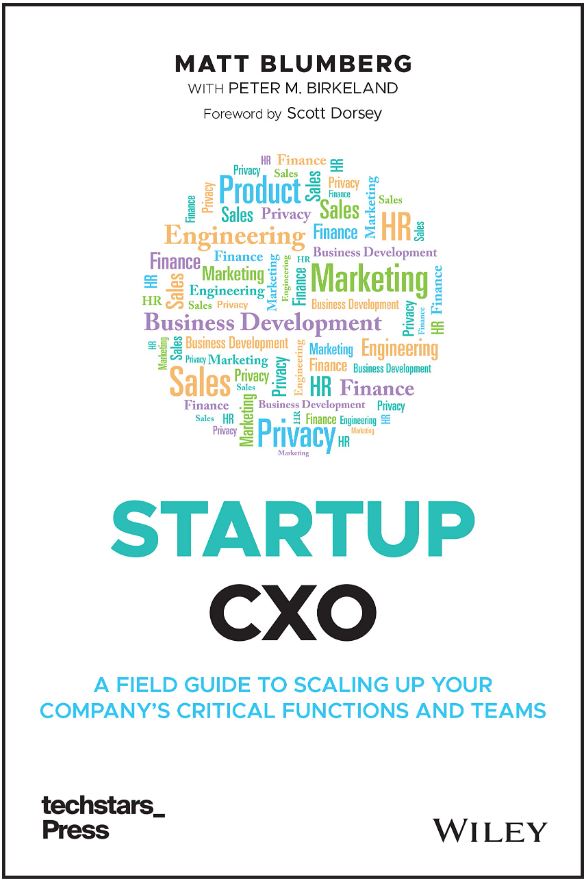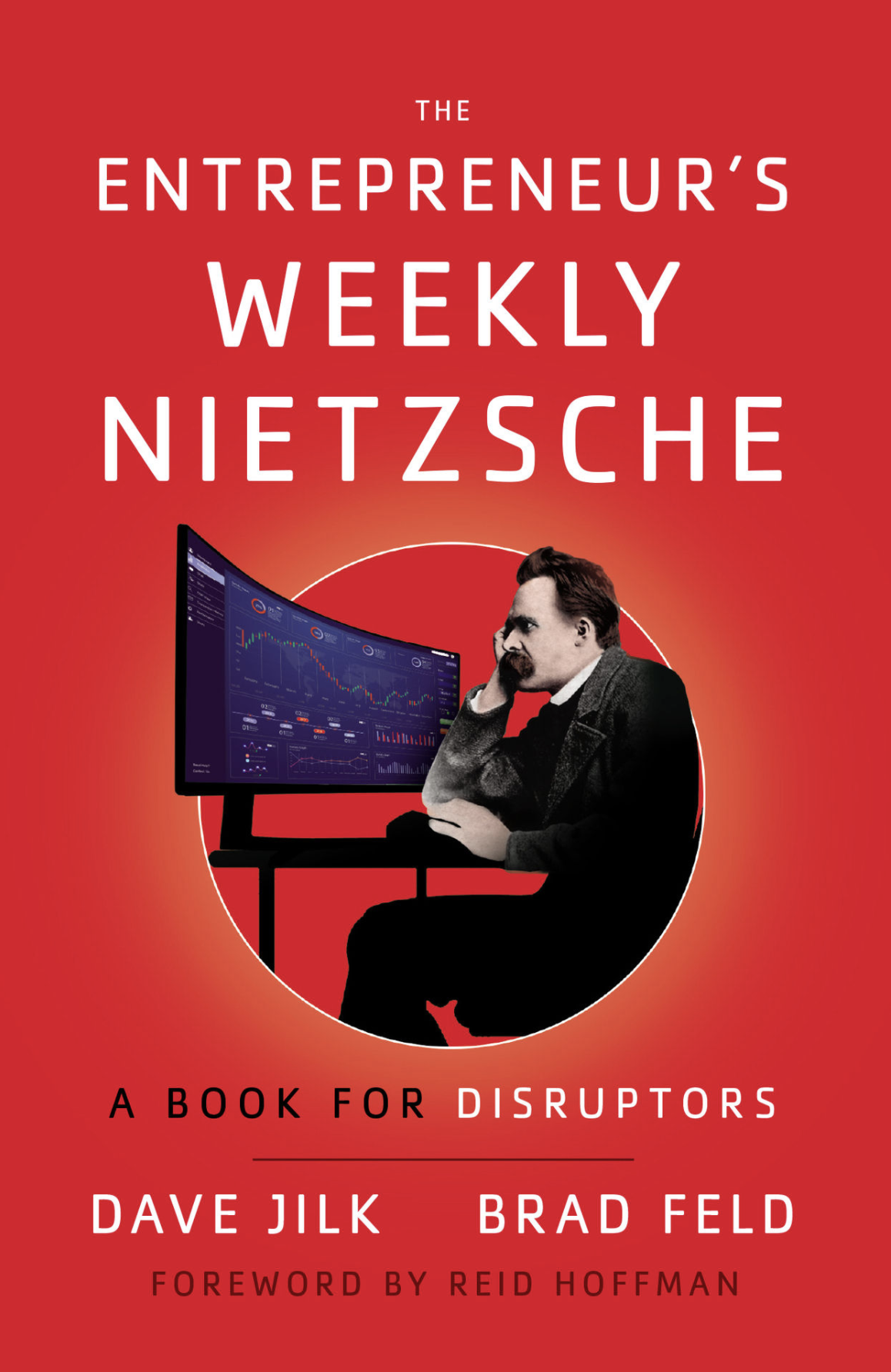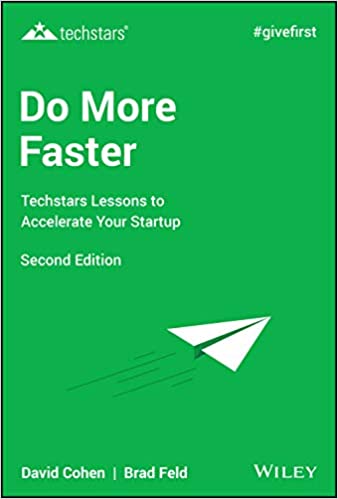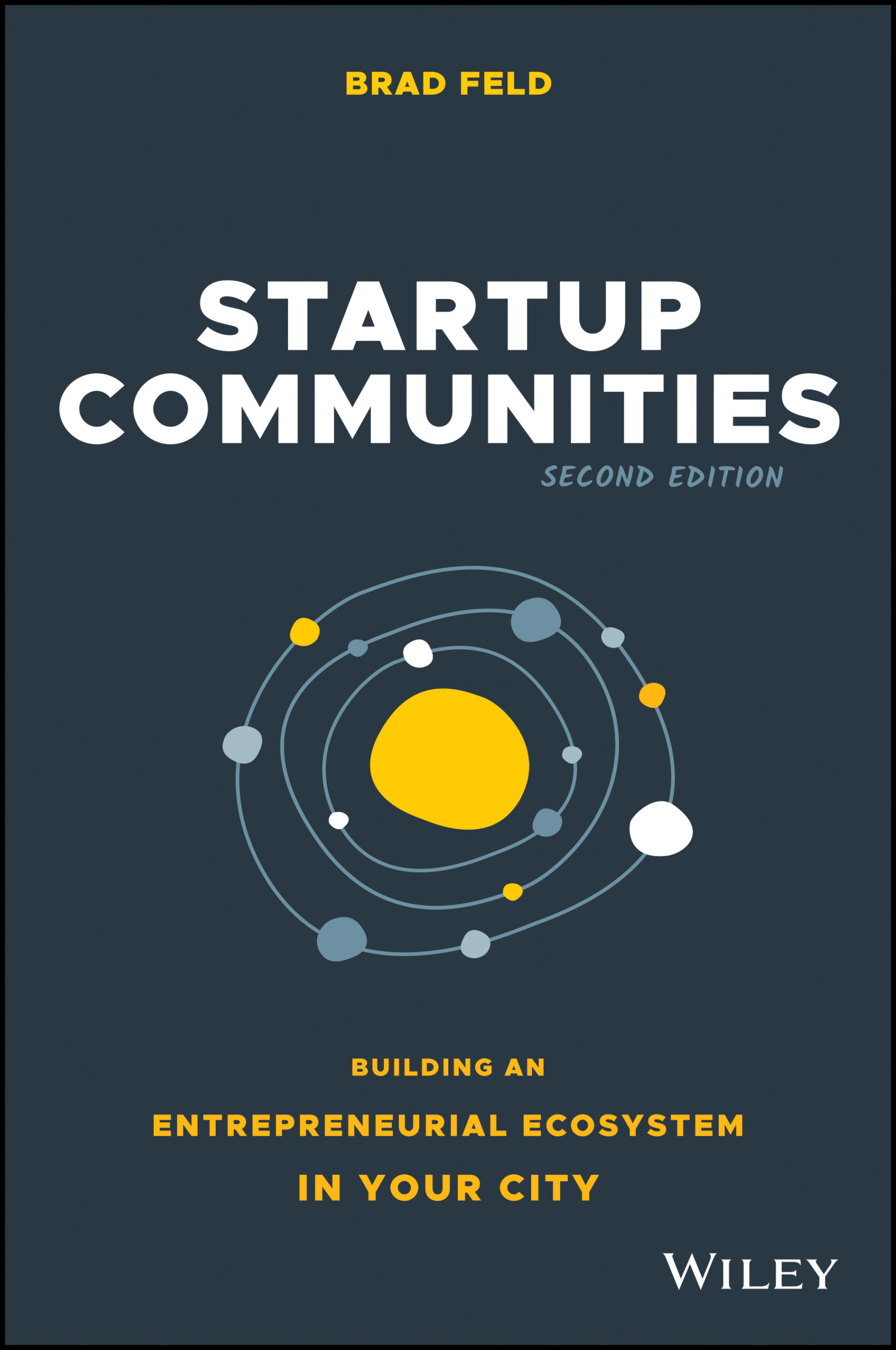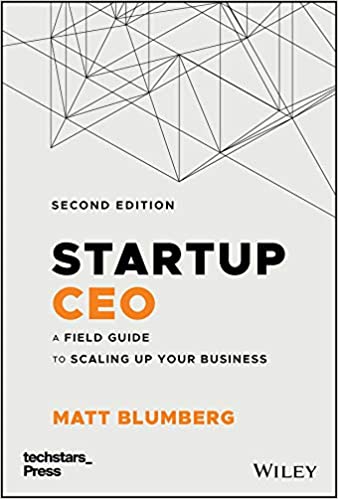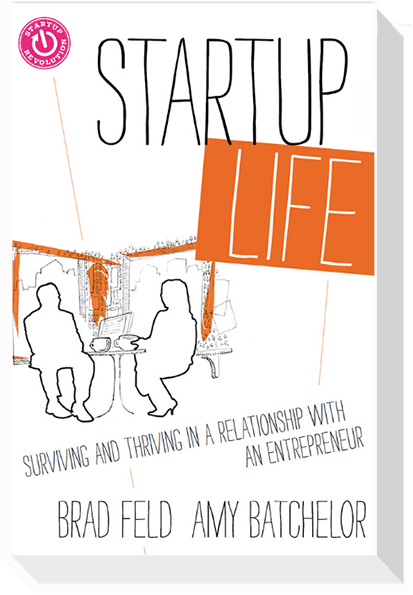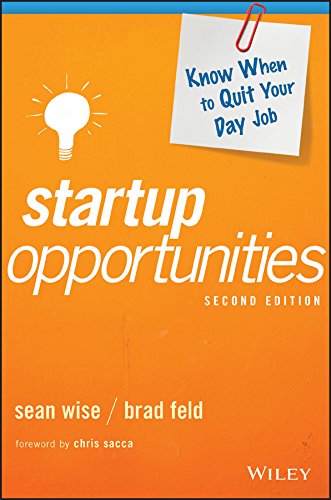America’s Rising Startup Communities
Last week I published a report with the Center for American Entrepreneurship that analyzed the geography of venture capital first financings across U.S. metropolitan areas during the last eight years. You should definitely check out the full study on the CAE website because it includes a lot of interesting data and graphics. You should also check out this Twitter thread I posted on the day the study was released.
Thread on the geography of first rounds of venture capital in the U.S. below. TL;DR a nuanced story, but one I choose to view (mostly) optimistically. Full analysis here: https://t.co/ymnkj4WPVv >> pic.twitter.com/43sprXFgOY
— Ian Hathaway (@IanHathaway) July 31, 2018
Here, I provide a brief overview of the main takeaways from the study. I also include an interactive map that allows users to play with some of the data. The report finds:
- After a stellar five-year period of expansion between 2009 and 2014, a sharp contraction in the number of startups raising a first round of venture capital has occurred the last three years
- This contraction has been geographically widespread—fewer metro areas had a startup that raised a first round of venture funding and those that did had a smaller number of them.
- First financings are still highly concentrated among a small number of cities—in 2016-17, five metros captured 54 percent of all U.S. first financings and ten metro areas accounted for 68 percent.
- But, a number of startup communities continue to expand—including Boulder, Columbus, Indianapolis, Charlotte, Denver, and Durham-Chapel Hill, while others exhibited relative rises (including Madison, San Diego, Pittsburgh, Raleigh, Houston, Baltimore, Seattle, Ann Arbor, Honolulu, Philadelphia, and Santa Barbara).
- The longer arc tells a more positive story—the number of startups receiving a first round of venture capital in 2017 was still 84 percent higher than in 2009, and 38 percent of metros saw an increase in deals over this period.
Some may point to conflicting evidence about the emergence of new startup hubs in the U.S., but I believe this is still a mostly positive story—more startups in more cities are accessing venture capital compared with a decade ago, a brief period of over-exuberance is moderating, and the early-stage funding market seems to be moving toward a more stable yet geographically inclusive path forward.
But that statement is not boundless—there is critical nuance. The data are a stark reminder that startup communities take time to develop, that progress will be non-linear, and that the scope could be narrower than many would hope for. History suggests that the establishment of startup hubs must be thought of in terms of decades, not years, and there are limits to the number of cities that will ultimately emerge. It is still being determined which those will be, but the overall trend points to there being more of them.

